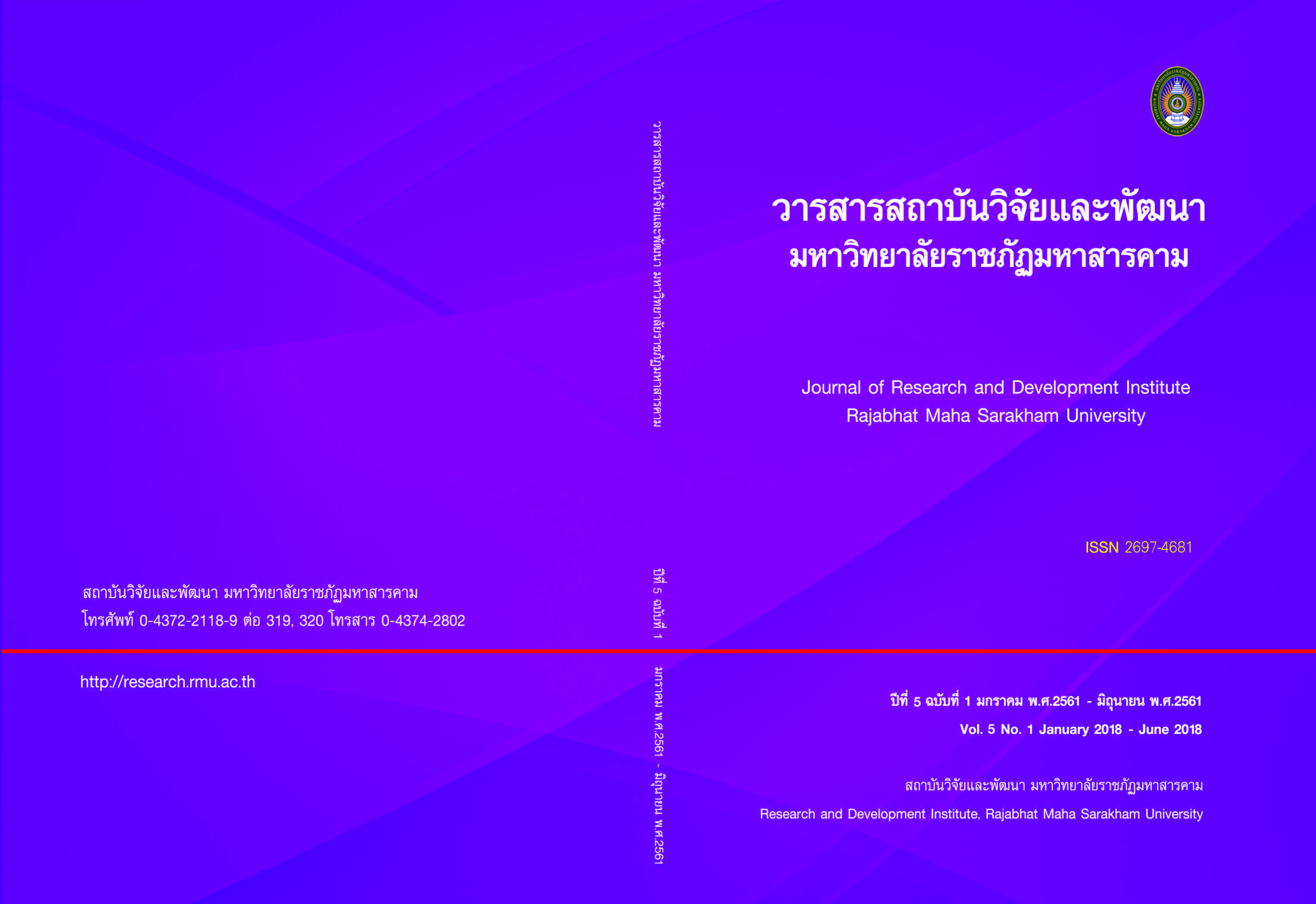Leadership and Strategy in Educational Administration of Monks in Buriram Buddhist College
Keywords:
Leadership Strategy, ManagementAbstract
With the current socio-economic and political changes, work units related to
educational institutes have changed their roles to fit the situations and have adjusted
themselves to meet their objectives efficiently and effectively. Administrators of
educational institutes need to be knowledgeable, understand the situations, and have
great vision. They also need to have leadership, emphasizing management to fulfill
objectives, relying on co-workers’ co-operation, unity, respect and trust. Under the
changing situations, many executives of educational institutes have to review both their
roles and roles of their schools regarding their involvement with society. They have
done this by examining the needs and the changes in the external environment of the
organization at present and then adjusting the organization’s management to meet
those needs efficiently and effectively. To be able to do this, it is really necessary for
executives of educational institutes to have development plans as well as action
plans. They also need to plan how to maximize the use of the organization’s
resources. It can be seen that executives of educational institutes who are highly
capable are also highly necessary. They need to be mature, knowledgeable, and good
at management, both as an art and science. They also need to have leadership. The
researcher conducted a qualitative study of leadership and management strategies of
the school directors following House and Mitchell’s path-goal theory of leadership
effectiveness.
According to the theory, there are four types of leader behaviors : achievementoriented, directive, participative, and supportive. Data collection was through in-depth
interviews of four major informants and focus groups interviews of 30 teachers and
educational personnel of the University. The data was then analyzed and presented
descriptively.
According to the research results, it was found that each of the University
directors practices leadership differently depending on situations. Different situations
require different leaders. However, to be effective, leaders need to adjust their
leadership style to suit the situations. In addition, leaders can also motivate people by
providing clear ways to reach their goals, making it easy enough for people to succeed.
Leaders could do this by providing advice, coaching, or acting as mentors. As for
management strategies, each of the school directors has their own, focusing on staff
development and educational quality development to raise the learning proficiency.
To achieve this, teachers or educational staff are provided with academic development
and training for educational efficiency and effectiveness.
References
Komdech Chaiyaduen and Somchet Phusri. (2017). “Leadership Analysis : Dr. ThaksinShinawatra : The Public and Private Management to New Public Policy Changing”. Journal of Research and Development Institute, Rajabhat MahaSarakham University, 4 (2) : July–December พ.ศ. 2017 p. 53-60
Methee Pilunthananan. (1993). Personnel Management in Educational Circles. Bangkok: Odeon Store
Sa-Nguan Charngssawed. (1993). The Administrators Model in Higher Education Institutions : Success in management is the past. Teachers' review
Sutham Subannat. (2003). Factors Affecting Success in Implementation of theDecentralization Policy on Academic Affairs for School in the Southern Northeast.Master of Education Thesis : Sukhothai Thammathirat Open University
Suthep Phongsriwat. (2001). Leadership: Theory and Practice. Chiang Rai: Rajabhat Chiang Rai Institute.
Downloads
Published
How to Cite
Issue
Section
License
Articles that are published are copyrighted by the authors of the articles







